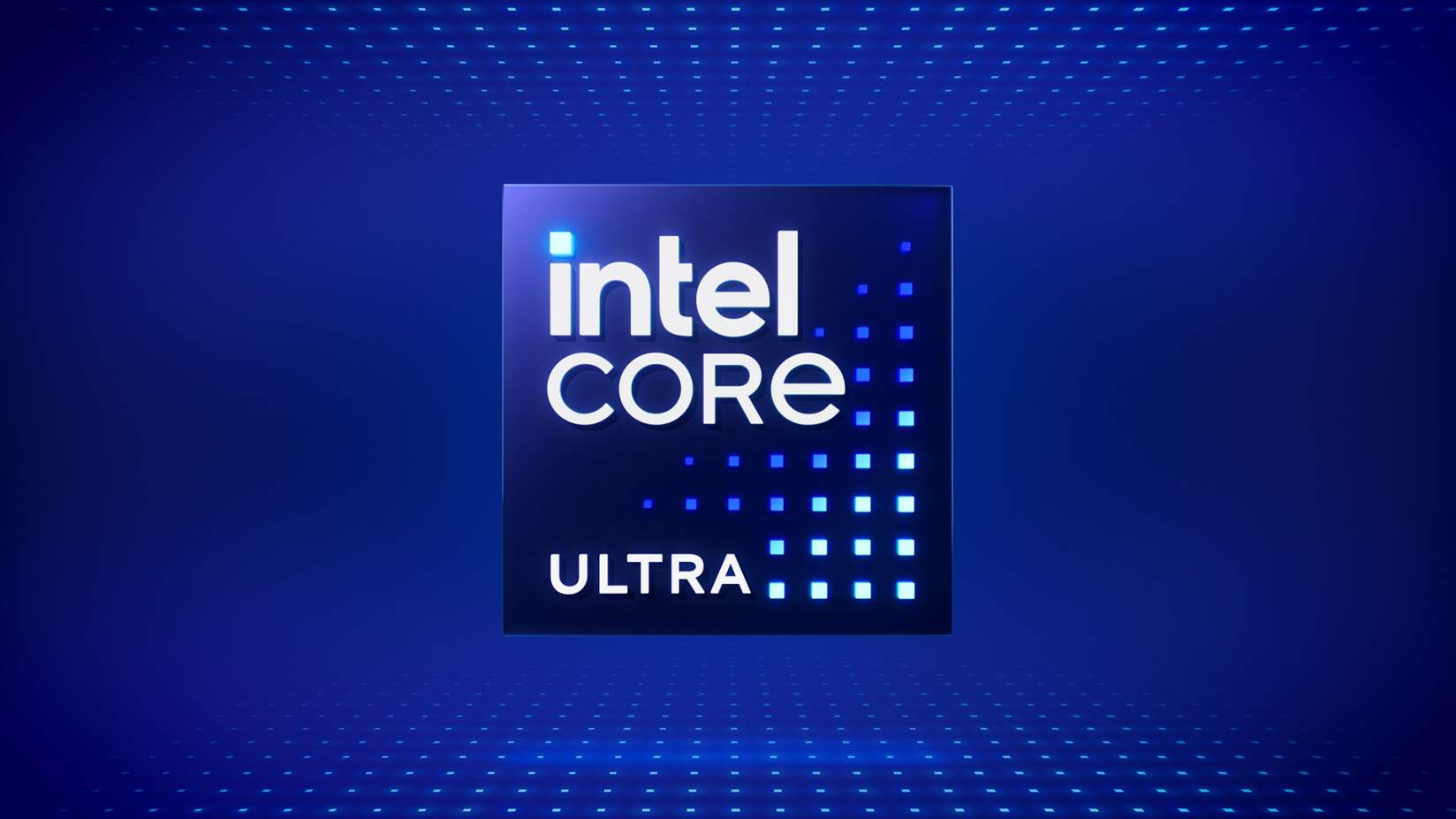Intel has a sneaky plan to sell 100 million Core Ultra PCs by 2025 – and yes, this new scheme has everything to do with AI
Intel Core Ultra chips will now be complemented by an AI accelerator program

Sign up for breaking news, reviews, opinion, top tech deals, and more.
You are now subscribed
Your newsletter sign-up was successful
Intel is hoping to launch an ecosystem of 100 million PCs loaded with AI capabilities thanks to its new Intel Core Ultra CPUs coupled with a newly announced AI acceleration program.
The chipmaking giant has partnered with hardware and software vendors including Adobe, Webex and Zoom to maximize the potential of the Intel Core Ultra chips, announced in September. These will be the first chip released in the consumer market with dedicated neural processing units (NPUs) built in.
The AI acceleration program will see Intel connect hardware and software vendors with a package of Intel resources including AI toolchains, co-engineering, hardware design resources, technical expertise, and co-marketing opportunities.
Intel is bringing AI to the consumer market
“Intel recognizes that software leadership is key to the AI PC experience, and we’re uniquely positioned to lead the industry with an open ecosystem approach,” said Michelle Johnston Holthaus, executive VP and GM of the Client Computing Group at Intel. “
With a long history in AI development and a deep network of ISV engineering relationships, Intel will take an active role in fostering connections and innovations that propel new use cases and experiences on the PC.”
Intel’s Core Ultra chips – codenamed Meteor Lake – will launch in December and feature a multi-chiplet module (MCM) design. This is a major design shift for the firm, and represents the first step in bringing AI to the computing masses.
The aim of this program is to boost the rate of AI development across the computing industry, by increasing the availability of software boosted by AI and machine learning.
Sign up to the TechRadar Pro newsletter to get all the top news, opinion, features and guidance your business needs to succeed!
People will, with time, have the tools to improve efficiency and be more creative with AI, thanks to the PCs of tomorrow. These devices will be fitted with the best CPUs, best GPUs and, now, NPUs to optimize performance and deliver power efficiency to run AI software.
Software companies will have access to Intel’s engineering talent to optimize their programs with tools such as OpenVINO, the open source toolkit for optimizing and deploying AI inference. The software that partners write spans audio effects, content creation, gaming, security, streaming, video collaboration, and others.
More from TechRadar Pro
- Intel announces new Core Ultra CPU with AI processing engine coming in December
- These are the best CPUs on the market right now
- We've rounded up the fastest CPUs

Keumars Afifi-Sabet is the Technology Editor for Live Science. He has written for a variety of publications including ITPro, The Week Digital and ComputerActive. He has worked as a technology journalist for more than five years, having previously held the role of features editor with ITPro. In his previous role, he oversaw the commissioning and publishing of long form in areas including AI, cyber security, cloud computing and digital transformation.